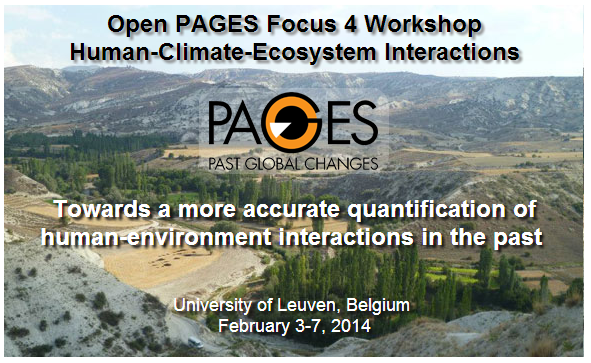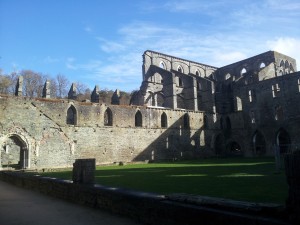I certainly don’t need to write at any length about the fact I think it is crucial that scientists communicate their research with the public. Over the summer we’ll be sharing a few posts on this very subject.
To get the ball rolling I thought I’d focus on one aspect of science communication (#scicomm): how to get your research out there to the media, be it written press, radio or TV. If I put my mind to it, I could write a little how-to-guide, but truth is, there are others who can do it way better than I can. More helpful (perhaps?) is a collection of places you can go to for training on how to improve how you communicate with the media.
- Media skills for scientists by SciDev.net – It is an online course, which you can do at your own pace. It comes in at £120 but does include more than 12 hours of lectures and plenty of supporting materials (worksheets, slides and feedback). As a side note – the training pages of SciDev.net include a section with over 50 practical guides on all kids of subjects, from how to reach a wider audience with your research, to how to consider gender balance in science reporting, right through to choosing the right journal for your research article. Good news: they are all free!
- Media skills training by The Royal Society – a one-day course where you will work with an experienced TV production team, a top voice coach, and a leading science communicator to prepare and practice media interviews. It comes in at a punchy £450, but there are some bursaries which are well worth looking into.
- VoYS Standing up for Science media workshops – I’ve attend one of these in the past and highly recommend them. It was an excellent opportunity to gain a real insight into how the media works. They are free and happen all over the UK, but fill up fast, so its worthwhile signing up for them early. For upcoming opportunities, take a look here. A few workshops have happened state-side, so its worth keeping an eye on the USA Voice of Young Science website for more US based workshops in the future.
- Introduction to the news media by the Science Media Centre – a half a day session offering a beginner’s guide to the media. For upcoming opportunities you’ll need to email to register your interest.
- The European Geosciences Union (EGU) have also put together a number of resources and guides. Not sure if your research is newsworthy, then this guide is for you! Is your paper being press released but you’ve got no idea what happens next, this might help! Invited to take part in a press conference but not sure what to expect, worry no more! There is also a useful handbook published on the EGU’s blog, GeoLog, in collaboration with Climatica which is packed with information.
- Journalists’ Views on what makes a newsworthy scientific abstract or presentation – a video prepared by the EGU where they spoke to journalists about this very topic.
- Public engagement training by NERC – sadly this is only open to NERC funded researchers, but well worth it if you can get on it! It is currently paused, but keep an eye on the website for info.
- Training from the National co-ordinating centre for public engagement – There are a broad range of subjects covered in these workshops which run on an annual basis, taking place in Bristol or London. Register your interest via email.
- Science communication training by the European Science Communication Network.
- Training materials from the European Science Communication Network – a number of handbooks and notes, from the above courses, all of which are shared via a creative commons licence (yay for open access!).
- British Science Association, Media Fellows – for a more immersive experience you want to get involved with these! The scheme offers a practicing researcher two to six weeks working at the heart of a media outlet such as the Guardian, BBC Breakfast.
- Mass Media Science & Engineering Fellows Program by AAAS – the US version of the British Science Association Media Fellowships, which will give scientists the opportunity to research, write, and report today’s headlines, sharpening their abilities to communicate complex scientific issues to the public.
I can’t vouch for all these resources, workshops and schemes, so I’d love to hear back from anyone who has taken part in them and who can offer their opinion on how useful they found them!
Not only that, this list is very much UK focused, with a few US based opportunities for good measure. I’d love to make it more inclusive of other opportunities, so if you know of any other courses and workshops open elsewhere in Europe and across the globe, please add it to the comments, or ping me an email! Or you can reach me on Twitter too.




